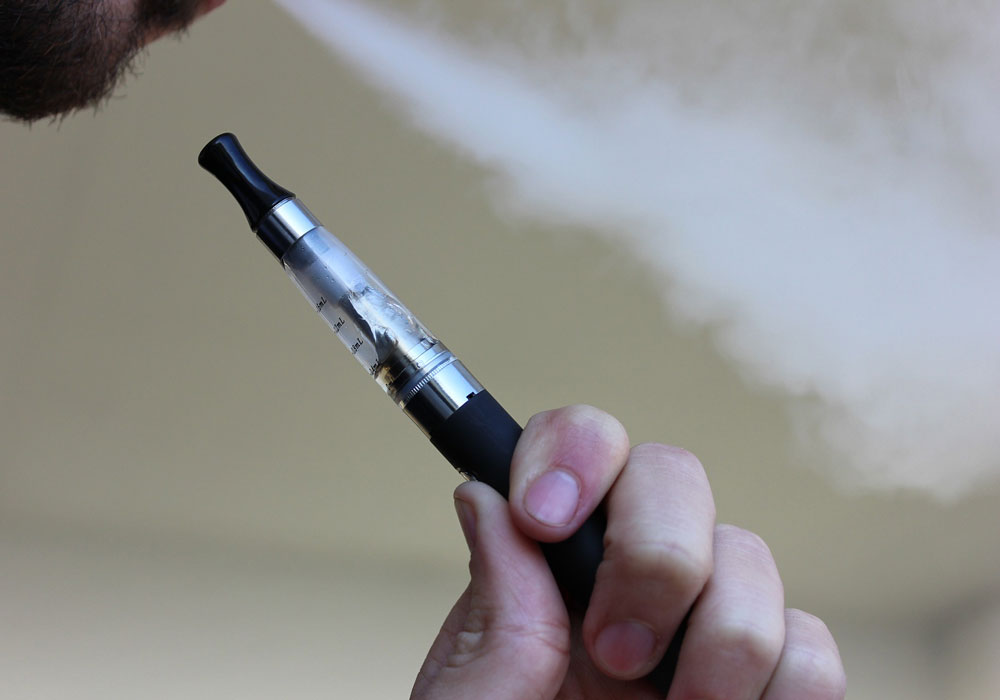American youth reported a decline in using any tobacco product in 2020 compared to 2019 but no significant decrease in the use of cigarettes, hookah, pipe tobacco, or heated tobacco products, according to 2020 U.S. Food and Drug Administration (FDA) survey findings on youth tobacco use. Despite the decline, FDA said that the data shows “disturbingly high rates of frequent and daily e-cigarette use” and strong nicotine dependence among youth.
In the report, FDA reviewed tobacco usage in middle and high school students in the United States, including the use of e-cigarettes. Despite 1.8 million fewer U.S. youth using e-cigarettes in 2020 compared to 2019, FDA says youth e-cigarette use has “increased dramatically since 2011, and 3.6 million youth still currently use e-cigarettes in 2020.” FDA’s results showed that 23.6% of high school and 6.7% of middle school students reported using any tobacco product in 2020. FDA also reported that:
- Among all students in 2020, 16.2% reported current use of any tobacco product.
- E-cigarettes were the most commonly used tobacco product among high school and middle school students.
- An estimated 1.73 million fewer youth used tobacco products in 2020 than in 2019.
FDA reported that the decline in youth tobacco product use during 2019 and 2020 were “likely attributable to multiple factors at the national, state, and local level,” including the federal minimum age of sale of tobacco products increasing from 18 to 21 years old and FDA’s regulation of marketing messages for flavored e-cigarette products that appeal to youth.
According to the American Cancer Society, lung cancer is the second most common cancer after skin cancer, with an estimated 235,760 new cases of and 131,880 deaths from lung cancer in the United States in 2021. For people who smoke, the chance of developing lung cancer is much higher.
Although studies show a decline in youth e-cigarette use, millions remain dependent on nicotine, and FDA reported that almost 40% of high schoolers use an e-cigarette on 20 or more days out of the month. ONS’s position calls for oncology nurses to spread awareness and educate patients on the dangers of e-cigarettes and vaping; for FDA and the Centers for Disease Control and Prevention to regulate e-cigarettes and vaping liquids, particularly for underage users, and policymakers to enact legislation banning vaping in public spaces.






